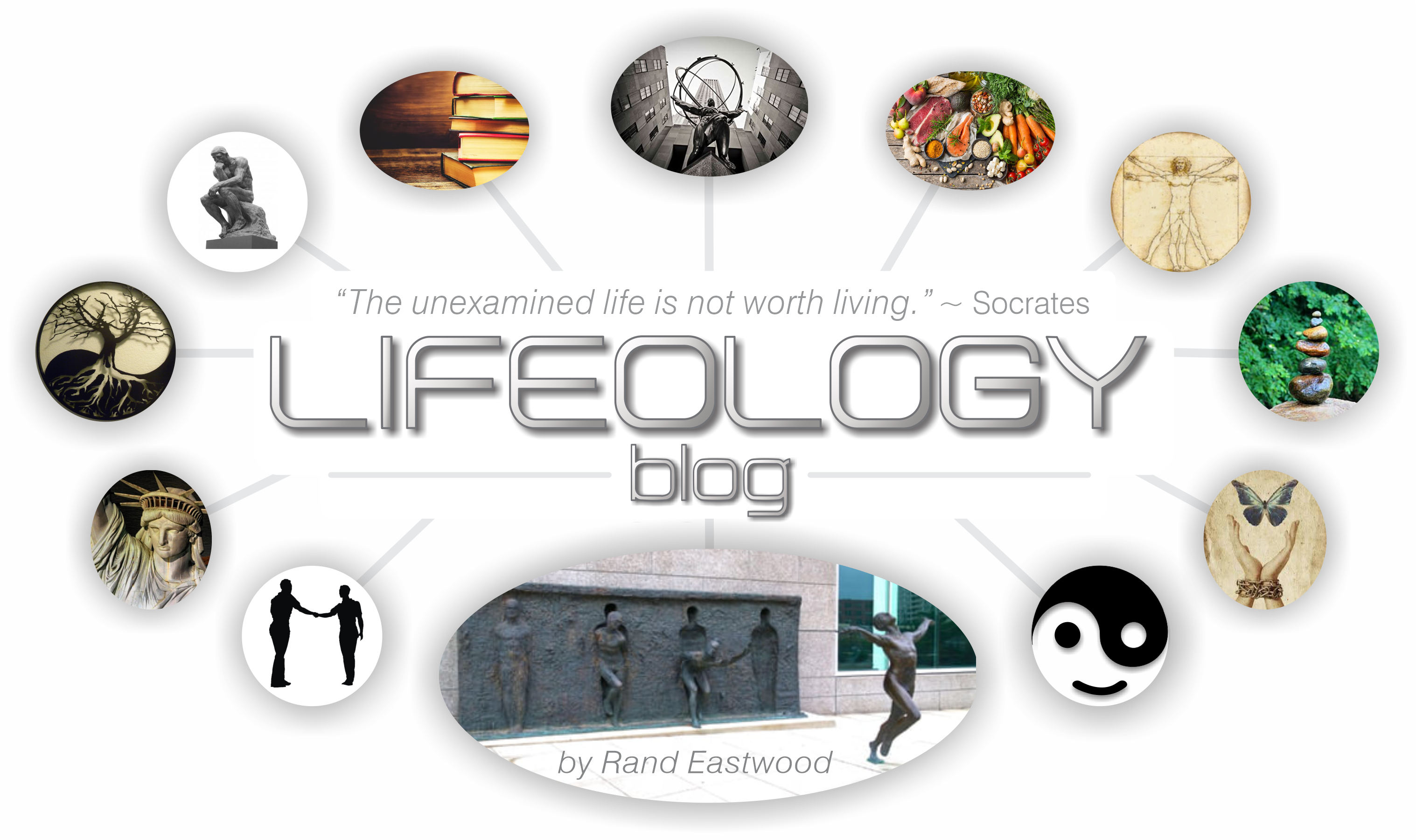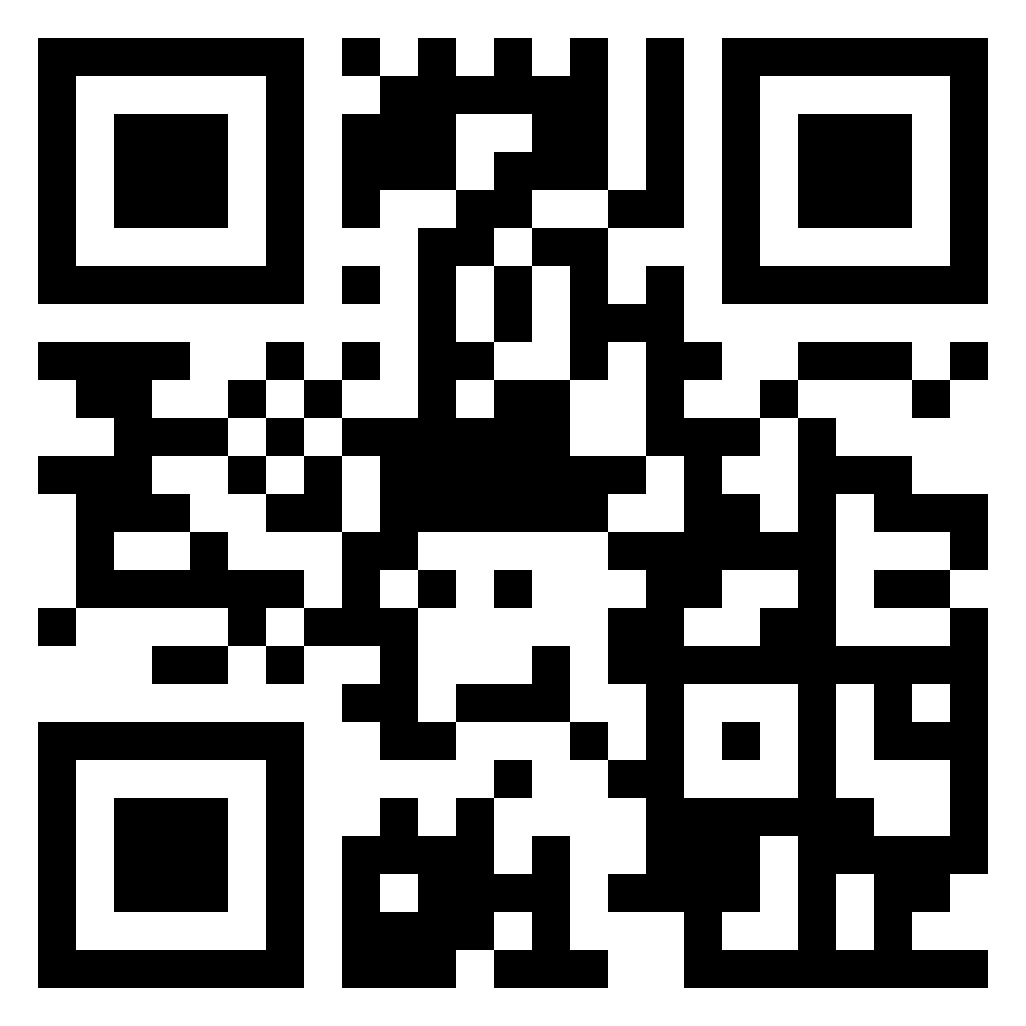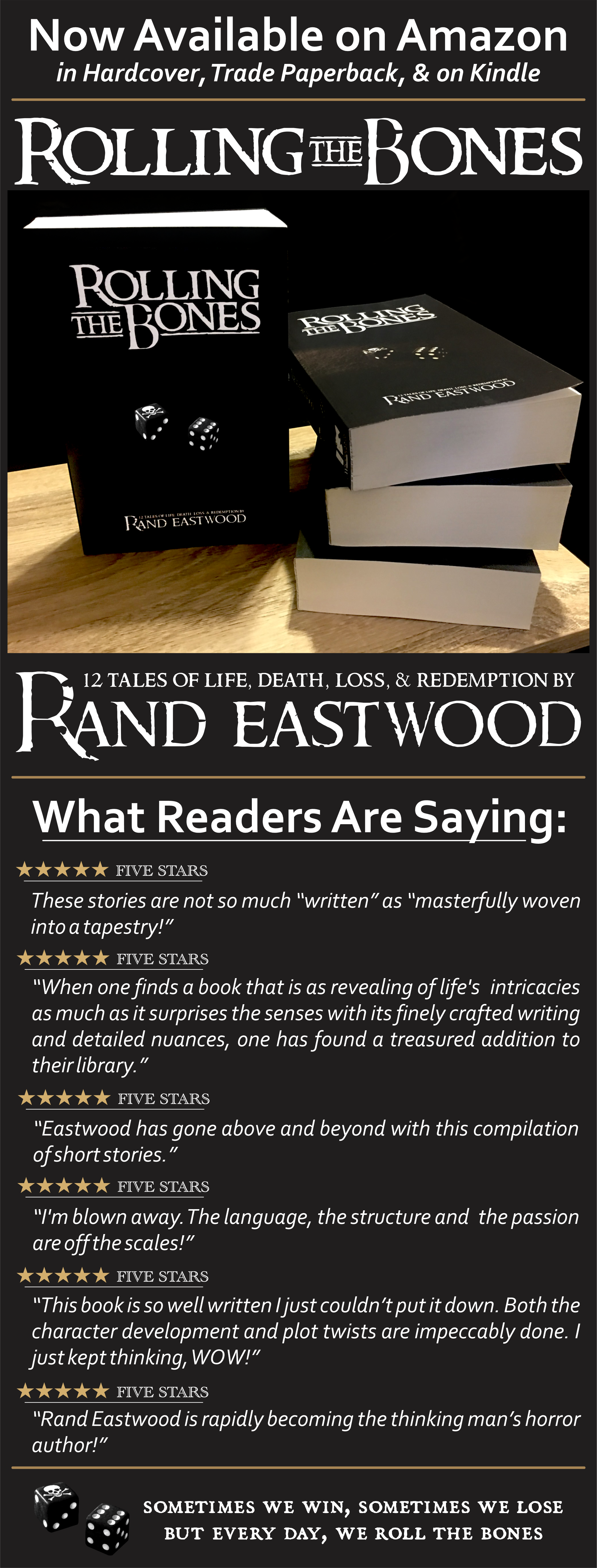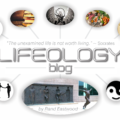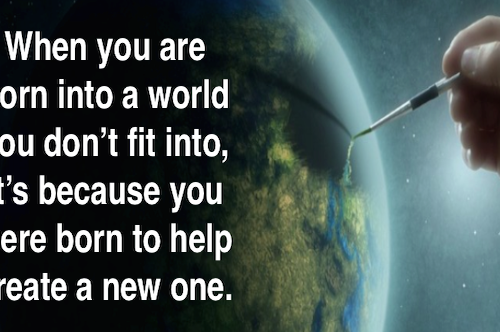As Tolstoy conveyed in his various religious writings, after doing his own translation of the gospels he determined that when Jesus said “believe in me” and “follow me”, he did not mean we should believe he was the messiah or son of god, and worship him; instead, he meant we should believe his teachings to be true, and live as he lived.
In James Allen‘s Book of Meditations (May Twelfth), published in the collection Mind is the Master, the author conveys the same concept:
“The Gospel of Jesus is a Gospel of living and doing. That Jesus was meek, and lowly, and loving, and compassionate, and pure is very beautiful, but it is not sufficient; it is necessary that you also should be meek, and lowly, and loving, and compassionate, and pure. That Jesus subordinated His own will to the will of the Father, it is inspiring to know, but it is not sufficient; it is necessary that you, too, should likewise subordinate your will to that of the overruling Good. The grace and beauty and goodness that were in Jesus can be of no value to you, cannot be understood by you, unless they are also in you, and they can never be in you until you practice them, for, apart from doing, the qualities which constitute Goodness do not, as far as you are concerned, exist. Pure Goodness is religion, and outside it there is no religion.
They are the doers of the Father’s will who shape their conduct to the Divine precepts. To us and to all there is no sufficiency, no blessedness, no peace to be derived from the goodness of another, not even the goodness of God; not until the goodness is done by us, not until it is, by constant effort, incorporated into our being, can we know and possess its blessedness and peace. Therefore, thou who adorest Jesus for His divine qualities, practise those qualities thyself, and thou too shalt be divine. The teaching of Jesus brings men back to the simple truth that righteousness, or right-doing, is entirely a matter of individual conduct, and not a mystical something apart from a man’s thoughts and actions, and that each must be righteous for himself; each must be a doer of the word, and it is a man’s own doing that brings him peace and gladness of heart, not the doing of another. It is only the doer of forgiveness who tastes the sweets of forgiveness.”
Also, in Man: King of Mind, Body, and Circumstance, published in that same collection, he suggests:
“Man is his own deliverer. He has brought about his thraldom; he can bring about his emancipation. All through the ages he has looked, and is still looking, for an external deliverer, but he still remains bound. The Great Deliverer is within; He is the Spirit of Truth; and the Spirit of Truth is the Spirit of Good; and he is in the Spirit of Good who dwells habitually in good thoughts and their effects, good actions.”
And finally, in the chapter The Belief That Saves:
“A man’s beliefs about God, Jesus, and the Bible are one thing; his life, as bound up in his actions, is another; therefore a man’s theological belief is of no consequence; but the thoughts which he harbours, his attitude of mind towards others, and his actions, these, and these only, determine and demonstrate whether the belief of a man’s heart is fixed in the false or true.”
In addition, Indian economist and close associate to Gandhi J.C. Kumarappa, in Practice and Precepts of Jesus, writes:
“…the word “believe” does not connote the expression of a pious opinion nor does it signify simple credence about a state of affairs. Belief is fundamental to the very being of a person. True belief will manifest itself in action. Jesus says, “He who believes in me will do the very deeds I do and even greater.” Does our belief show itself in such a holy life or does it only result in the vain repetition of the Athanasian creed?
Again, what does “Name” signify? In this connection it stands for the principles of the person denoted. When persons shout “Gandhiji ki Jai” they do not pray merely for victory or success to the 105 lbs. of mortal flesh and blood, but for the cause Gandhiji espouses, e.g. Non-violence and Truth. Therefore, we can only be said to believe in the name of Jesus when we consecrate our very being to the ideals He stands for.”
And Franciscan friar and ecumenical teacher Father Richard Rohr shares the same sentiment in his book Falling Upward: A Spirituality for the Two Halves of Life:
“For some reason, religious people tend to confuse the means with the actual goal. In the beginning, you tend to think that God really cares about your exact posture, the exact day of the week for public prayer, the authorship and wordings of your prayers, and other such things. Once your life has become a constant communion, you know that all the techniques, formulas, sacraments, and practices were just a dress rehearsal for the real thing—life itself—which can actually become a constant intentional prayer. Your conscious and loving existence gives glory to God.”
And theologian John Baillie conveys the same sentiment, as quoted by Dale Carnegie in his book How To Stop Worrying & Start Living (Or even better: Dale Carnegie’s Lifetime Plan For Success, which includes both How To Win Friends & Influence People and How To Stop Worrying & Start Living:
“What makes a man a Christian? I’ll let John Baillie answer that. He was a distinguished professor who taught theology at the University of Edinburgh. He said: “What makes a man a Christian is neither his intellectual acceptance of certain ideas, nor his conformity to a certain rule, but his possession of a certain Spirit, and his participation in a certain Life.”
Conclusion:
I believe that the Kingdom of God is within us; and that Jesus was trying to show us how to manifest it—whether we call it the Kingdom of God, heaven on earth, Paradise, or LogosLogos: the Divine reason implicit in the Universe, ordering it and giving it meaning; a primeval and eternal Truth available to everyone who seeks it; a unifying and liberating force which reconciles humanity with the Divine.—through our behavior, our thoughts and actions, our lives—i.e., living and doing.
In fact, he himself said as much (Luke 17:20 – 21): “And when he was demanded of the Pharisees, when the kingdom of God should come, he answered them and said, The kingdom of God cometh not with observation: Neither shall they say, Lo here! or, lo there! for, behold, the kingdom of God is within you.”
It will be up to us to manifest the kingdom of God on earth…by living and doing.
Related Articles:
Contemplation: Rendering Unto Caesar
Contemplation: God as a Verb
Tolstoy’s A Letter to a Hindu
Tolstoy’s The Law of Love vs. The Law of Violence
Contemplation: My Conceptualization of God
VIDEO: Death & Resurrection: The Message of Easter
Contemplation: Monotheism
Contemplation: Religion as Self-Control
Forgiving the Unforgivable
Like/Follow Lifeology Blog on Facebook • View Rand’s Books on Amazon
Visit Lifeology Store • Like/Follow Lifeology Store on Facebook
A Note To Readers:
If you found this article (or any of the others, for that matter) interesting, informative, entertaining, etc., please consider subscribing to the Lifeology email newsletter: simply enter your email into the form below (also in the right sidebar)—or, if you prefer, just use this simple quick sign-up form.
↓↓↓ Also, please hit the “Like” (thumbs up) button below. Thanks! ~ Rand
